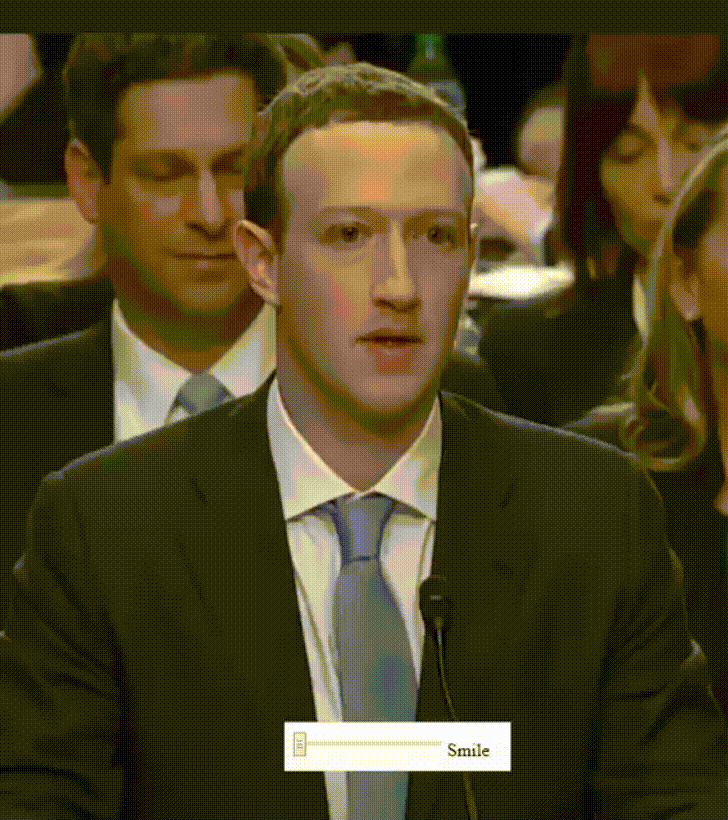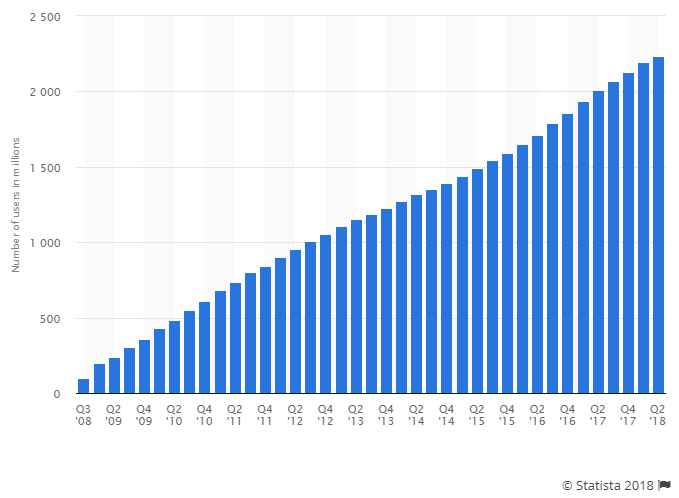
Public blockchain platforms provide a new perspective on social media networks. But why will users turn to them?
Do you remember the Cambridge Analytica scandal? A violation of trust on a global scale, affecting more than two billion people worldwide. Maybe you missed it. It is now considered ancient news anyway; it’s no longer “trending.”
Here is the essence: Facebook, the most popular social network worldwide, reminded everyone that it:
1. Has a lot of sensitive information about a lot of people.n2. Has provided it to third parties for years without proper authorization.n3. Is a tool for [political] manipulation on a global scale, and not merely an “ads platform”.
Years before one of Facebook’s most dramatic failures, Andrew Lewis came up with this great quote:
If you are not paying for it, you’re not the customer; you’re the product being sold.
The viral #DeleteFacebook tag that swept throughout Twitter was indicative of the extend of the “trust crisis” that Facebook unleashed upon itself.
Elon Musk with his natural instinct for viral trends was quick to put a finger in Zuckerberg’s wound:
One #DeleteFacebook Reddit post received more than 120 000 upvotes and 7000 comments in a matter of hours:
It was definitely NOT another boring week in Facebook’s PR & Marketing department. US policy-makers had to keep their public face and demanded an official explanation from Mr. Zuckerberg himself. The internet loved it.

The Cambridge Analytica scandal was another confirmation that:
Facebook is a blatant insult to George Orwell’s literary imagination.
It also presented an opportunity for rivals to improve their standing in the users’ eyes. On a sacred mission to get rid of gatekeepers, vested with and empowered by the trust of millions, the blockchain industry surely had something to say.
The Perfect Social Network: Blockchain Edition
The sensible thing to do after expressing dissatisfaction with a product or service is to look for an alternative. Yet a slightly better product will not be able to gain market share over a competitor with an established network of more than 2.2 billion users. Google’s Larry Page lives by “the gospel of 10x”. One needs a 10 times better product to disrupt an industry. With that in mind, here are the 10 unique advantages that a blockchain-based social network can offer.
- Self-sovereign identity and data control for users
- Encrypted chat by default
- Incorporated cryptocurrency payments
- Decentralized exchange / atomic swaps
- Decentralized marketplace
- Content monetization for articles/blog posts
- Content monetization for images & videos
- Integrated cryptocurrency-based games
- Ads that pay the user
- An integrated talent network
Since covering all these in a single article will result in a [very] long post, the content will be divided into a few parts. Before we dive into the advantages a decentralized social network could have, a few important introductory notes.
Network Effect and Tokens
The success of any social network is first determined by the extend of its network effect. Users join social networks because usually, everyone else is already there.
Creating a meaningful network effect is one of the most difficult tasks for any business. For social media networks, it is the business itself.
Decentralized social networks might have a slight advantage over the traditional alternatives. And that is a big “might”. Existing startup blockchain-based social networks are actually micro-economies. At the center of those typically is an unique token that serves as a means of payment or provides access to special services or rewards. More often than not, the tokens get distributed to users before the platform is available for use. The ownership of the token creates an exclusive club (a network) of token owners. Since the value of the token is most well-pronounced in the social network’s micro-economy, token owners are incentivized to use it. Introducing a token, however, is a double-edged sword.
Tokens can actually prevent the creation of a network effect beyond the token distribution event.
This might be so because users outside of the club are unwilling to take the extra step to get tokens and join the social network. Of course, ownership of tokens might not be a requirement to join the network. However, accessing all the “cool features” will definitely be. Importantly, these “cool features” are usually the very advantages over classic social platforms.
Possible solutions here could be the use a popular token or cryptocurrency and not create a new one. Also, a new token can be created, but others should be supported in parallel. A further solution could be the use of wallets that can securely store many types of tokens and coins. However, implementing all those is technologically difficult.
Who has tokens anyway?
Currently, the answer to that question is definitely not “2.2 billion people”. Storing and managing cryptocurrencies and tokens is still rocket science to most users. This will change slowly with time. Until then, however, decentralized social networks will remain a product for more niche audiences.
Here are some good news:
The well-thought design of token-based, micro-economies is essential for the creation of network effects. This is especially so in the [currently] small pool of token/cryptocurrency owners. Nonetheless, the race is on. Building a meaningful network effect for a decentralized social network will takes years. It remains to be seen if users are actually interested in what blockchain technology can offer in this field.
Privacy and other “good to have” features
Let me check the definition of privacy in Google. I think someone shared something on the topic in Facebook.
All of the above-mentioned unique advantages of blockchain-based social networks assume a certain user preference – a problem that users want solved. However, how interested are users in privacy? How about content monetization? What about ads that pay them? The assumption is two-fold: users like privacy and users like to receive value. These sound reasonable, but only a real-world test can prove or disprove them.
How many users left Facebook after the Cambridge Analytica scandal? Not much obviously:

Regardless of what the actual number of users who left the most popular social network, they were replaced by new ones. Reduced privacy is apparently not a deal-breaker for most people. However:
Facebook’s high-profile issues with data privacy and maintaining community standards haven’t hurt its user metrics. This could change at any time. [Forbes]
The expectation is that younger generations will care more about their data and/or want to monetize it instead of providing it freely.
Improved privacy is only one of the advantages decentralized social networks can provide. It shares a common trait with the other unique features of blockchain tech – it is something that users are EXPECTED to want more and more in the future. If this turns out to be true, then decentralized social networks will be uniquely positioned to reap the benefits. The “entrée of the lobby” might not be a bad place to be after all.
Part 2 is available:
Expect the next parts of the “Can Blockchain Win?” series soon. While you are waiting, why not watch this episode of Last Week Tonight with John Oliver, dedicated to Facebook?
Interested in æternity? Get in touch:
GitHub | Forum | Reddit | Telegram | Twitter | Facebook | Mail

Leave a Reply